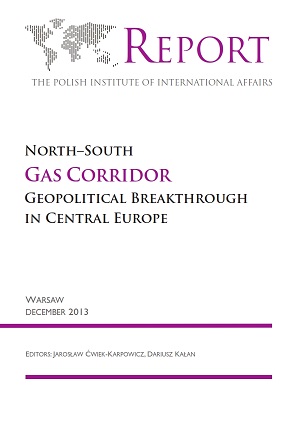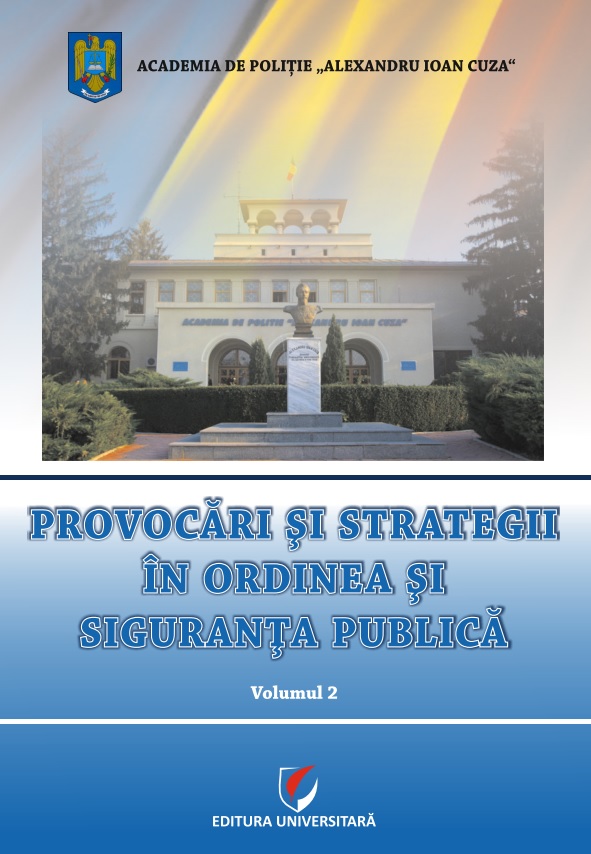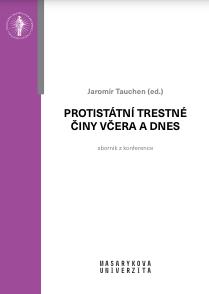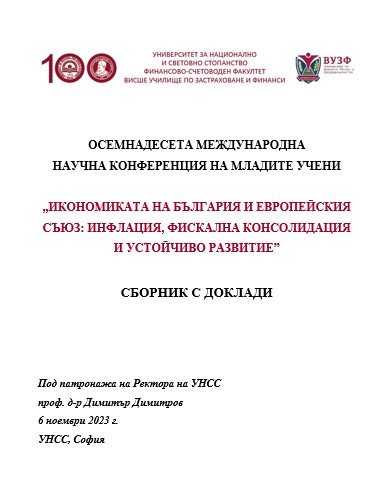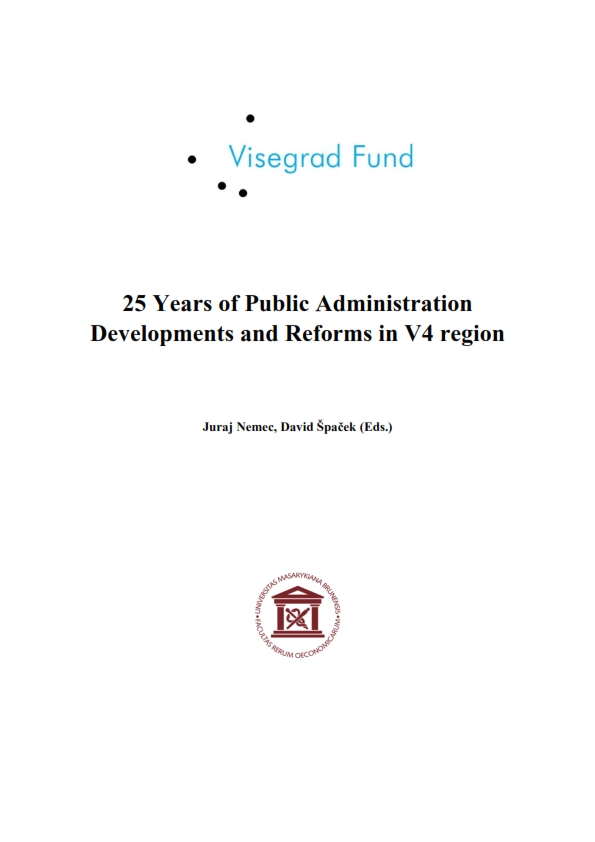
Public administration reforms in Poland
Over the last centuries, public administration in Poland shared the plight of the Polish state. Starting from around the mid-seventeenth century, Poland as a country has been losing the ability to sustain independence. At the end of the XVIII century, it lost sovereignty to Russia, Prussia and Austria (the so-called third partition of the country occurred in 1795). It regained its independence only after the First World War. The reason for the collapse of the state in 1795 is, among others, the fact that the ruling classes have failed to forge a modern model of public administration. There were many reasons for that. At the time the dominance of the nobility was a factor of great importance, especially when it comes to powerful magnates (active mainly in agriculture), who subordinated the state and its institutions as well as blocked the formation of professional civil service. Ruling circles of the day lacked the ability to produce modern state structures, including the ability to create the conditions for a professional clerical personnel. Not even the clear structures of the state were created (Bystroń 1976).
More...
